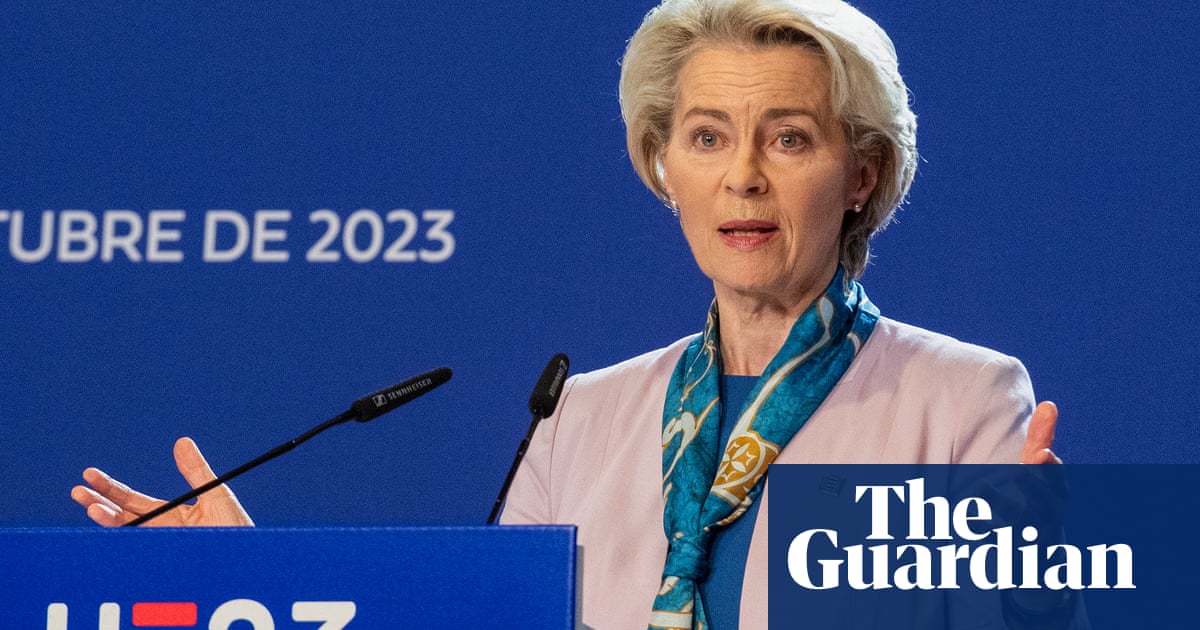
The EU is to tell China that its €400bn (£343bn) trade deficit is not sustainable long term amid fears that it will flood the bloc with subsidised electric cars, solar panels and medical devices, threatening European manufacturing and jobs.
Ursula von der Leyen, the European Commission chief, and Charles Michel, the European Council president, will meet Xi Jinping at a summit on Thursday, the second of its kind this year.
They are expected to issue the Chinese president with a veiled warning that unless China does something about the supply of cut-cost goods to Europe, the bloc could retaliate with defensive mechanisms that could include tariffs and a trade war.
“We have tools to protect our market,” von der Leyen told reporters, adding that EU countries “prefer to have negotiated solutions”.
The EU will point out that the trade deficit has doubled in two years in China’s favour, making the relationship imbalanced.
“Choices have to be taken here, it is not sustainable and something has to change,” said a senior EU official.
The official said the speed of the increase in the trade deficit with China “tells you there is something wrong with the relationship that needs fixing” but a trade war would be a “failure” of statecraft and it would be better to try to find a prior solution.
China’s share of the European car market has almost doubled in two years causing concern in the EU, which in September launched an investigation into subsidies.
Last week, the group head of Renault, Luca de Meo, told reporters in Brussels that the company was hoping to reduce the cost of an electric vehicle by 40% in the next three to four years.
Both the US and the EU already have a fight on their hands with Chinese EVs but concerns have heightened that oversupply and dampened domestic demand in China will trigger a flood in other areas, including the “sunshine sector” involving green tech such as solar panels.
Hungary, whose economy continues to contract, is wooing China with the Chinese giant CATL expected to invest €7.3bn (£6.25bn) in a lithium ion EV battery plant following a deal clinched in August by Viktor Orbán, its prime minister.
But EU sources say Hungary, like the rest of the EU, will not be able to withstand the loss of jobs if the near one-way trade continues.
“Overcapacity, politically, is not viable. Even countries that have a very open and friendly relationship with China will not find it viable for their industry to be essentially undercut,” said the EU official.











